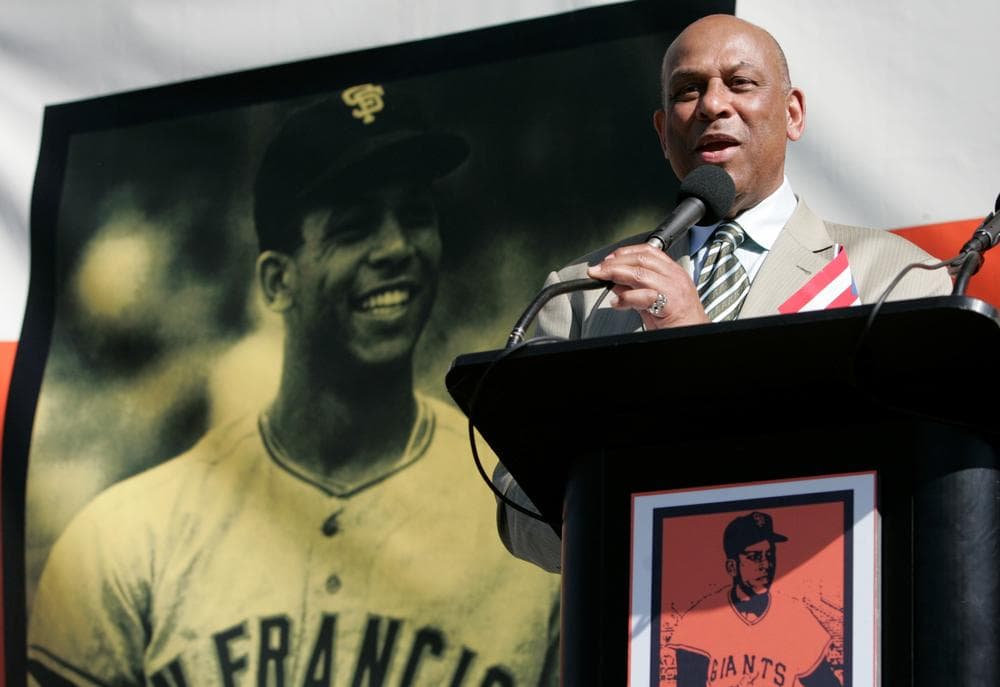Advertisement
Commentary
A Case For The Designated Hitter

Since we've invited Only A Game listeners to tell us what they think of the Designated Hitter Rule on the 40th anniversary of same, I'll express my own bias in favor of the DH.
As a fan of the New York and later San Francisco Giants, I didn't pay much attention to the American League when I was growing up. After I moved to Boston, that was no longer possible. The Red Sox led the sports news each day. Beyond that, the apartment where I lived was within walking distance of Fenway Park, tickets were cheap, and good seats were always available. And in 1973, the Red Sox employed Orlando Cepeda as their designated hitter. It was great fun to see one of the Giants for whom I'd cheered - and I'd certainly never have had the opportunity if there had been no designated hitter, which Orlando Cepeda would be the first person to acknowledge.
[sidebar title="The DH Turns 40" width="330" align="right"]Bill talks with first-ever DH Ron Blomberg, Hall of Famer Orlando Cepeda, and ESPN’s Tim Kurkjian about how the position has evolved.[/sidebar]
After I'd lived in the Boston area for a couple of years, I began playing for a fast-pitch softball team in Cambridge. At the outset, I could play second base. Sort of. Sometimes I played in the outfield, but only on the nights when just nine guys showed up. Once I filled in for the catcher, and his back-up, and the guy who backed him up, since all of them had something more important to do on that evening.
But a dozen or so years into my tenure with the Cambridge Mets, I'd become a designated hitter by default, meaning that I couldn't do much else that was useful, or even acceptable. But because I could still hit, I continued to play for years.
Then, one hot summer night at a field called St. Peter's, I looked down the bench and counted three other Mets who couldn't run or catch anything that required them to move much. No team needs four designated hitters. I retired.
But had it not been for the DH, I'd probably have quit years earlier, on the night when I'd been pressed into service at second base because we were short-handed. Before the game began, the shortstop - a genuine athlete about 25 years younger than I - called me over to review our defense.
"With a left-handed hitter and a man on first, you stay where you are, and I'll cover second on the steal," he said. "When it's a right-handed hitter..." He paused then, considering the bad option and the one that was worse. "When it's a right-handed hitter, um, I'll cover second on the steal then, too."
He knew I'd never make it to second before the catcher's throw. If he were playing second, Orlando Cepeda wouldn't have been there for the throw, either. We were both designated hitters.
Mr. Cepeda told me this week that he was grateful for the rule that extended his career, which was glorious. I'm grateful for the DH for the same reason, even though mine was not.
This program aired on April 6, 2013. The audio for this program is not available.
